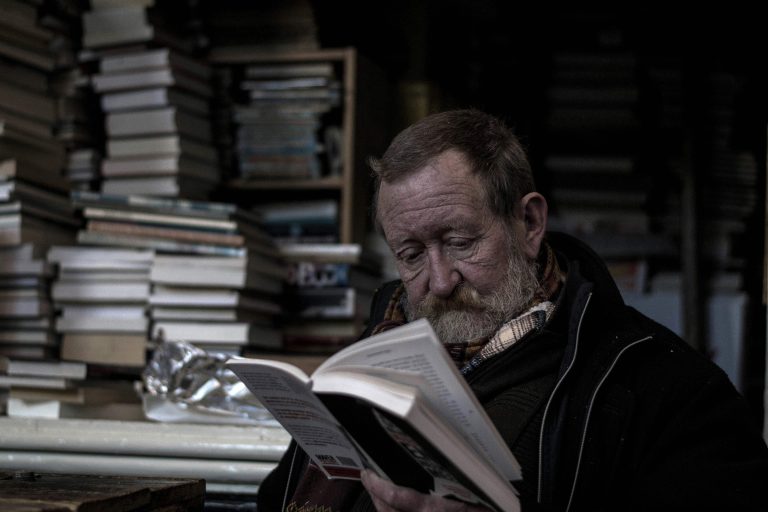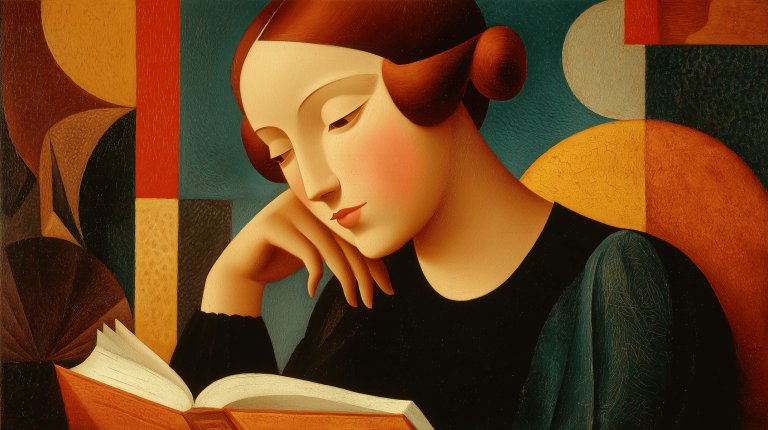Poetic Frontiers: Charting New Territories in Contemporary Portuguese Verse
Portuguese poetry stands as a testament to the country’s cultural heritage, with roots stretching back to medieval troubadours and Renaissance masters. However, our focus here is on contemporary expressions, which we define broadly as poetry produced in the post-war era and extending into recent decades. This period marks a significant evolution in style, content, and the very essence of what it means to be a poet in Portugal.
Key Themes in Contemporary Portuguese Poetry
Personal Exploration
Contemporary Portuguese poets often embark on a journey of personal exploration, delving into themes of love, loss, identity, and the complexities of the human condition. Their verses serve as mirrors reflecting individual experiences, emotions, and introspections. Through lyricism and introspection, poets weave narratives that resonate universally while maintaining a distinct Portuguese flavor.
Social and Political Engagement
Poetry emerges as a powerful vehicle for social and political commentary in contemporary Portugal. Poets confront pressing issues of their time, ranging from historical events and social injustices to questions of cultural identity. Their words reverberate with activism, challenging societal norms, and advocating for change. Through poignant imagery and impassioned rhetoric, poets become voices of dissent and catalysts for societal transformation.
Experimentation with Language
Innovation permeates the contemporary Portuguese poetic landscape, with poets pushing the boundaries of form, style, and linguistic expression. Drawing inspiration from diverse artistic movements, they engage in bold experimentation, revitalizing traditional structures and forging new paths. Through linguistic acrobatics and unconventional techniques, poets breathe new life into the Portuguese language, inviting readers on a journey of discovery and wonder.
Movements in Contemporary Portuguese Poetry
Historical Context
The trajectory of contemporary Portuguese poetry is marked by a rich tapestry of movements, each leaving a distinct imprint on the literary landscape. From the enduring influence of Neorealism to the introspective explorations of the “Generation of ’70,” poets have continuously reinvented themselves, responding to the shifting tides of history and culture.
Current Landscape
Today, the contemporary Portuguese poetic scene is characterized by its diversity and eclecticism. There is no singular dominant movement; instead, poets embrace a multitude of approaches, drawing inspiration from a myriad of sources. They navigate the delicate balance between honoring tradition and embracing innovation, carving out unique voices in a chorus of poetic expression.
Conclusion
In conclusion, contemporary Portuguese poetry captivates with its depth, diversity, and unwavering spirit of innovation. Through themes of personal exploration, social engagement, and linguistic experimentation, poets craft narratives that transcend borders and resonate across generations. As readers, we are invited to immerse ourselves in this rich tapestry of words, discovering new perspectives and forging connections that bridge the past, present, and future.
From e-books to online magazines, delve into how Portugal embraces the digital era, revolutionizing the way content is produced, distributed, and consumed.










